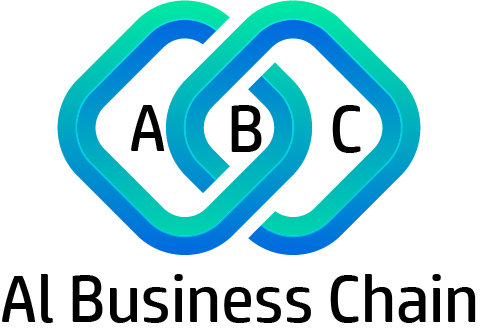keeping sensitive information secure is every organization’s prerogative. Whether it is on premise or on the cloud, ABCTrading’s Data Center portfolio helps you understand where your sensitive data should be located and how to intelligently protect it.
Drivers:
There are several drivers for data center solutions, including:
Business growth: As businesses expand, they may require additional data center capacity to handle growing amounts of data, applications, and users.
Digital transformation: As more business processes become digitized, data centers must evolve to support new applications and services.
Cloud adoption: As more businesses move to the cloud, data centers may need to adopt hybrid cloud architectures or provide support for cloud-native applications.
Security and compliance: As data privacy regulations become more stringent, data centers must ensure that they have adequate security and compliance measures in place.
Energy efficiency and sustainability: As the cost of energy and concerns about climate change increase, data centers must adopt more energy-efficient and sustainable technologies and practices.
Optimization and automation: To remain competitive, data centers must continuously optimize their operations and automate routine tasks to increase efficiency and reduce costs.
Data explosion: The growth of IoT devices, social media, and other digital platforms has led to an explosion of data, which requires data centers to adapt to the increased demands for data processing and storage.
Overall, the key drivers for data center solutions are the need for flexibility, scalability, security, and efficiency in managing data and delivering applications and services to users.
Data Center Technologies:
Data center technologies refer to the hardware and software components used in the construction and operation of a data center. Some of the key technologies used in data centers include:
- Servers’ systems
- Storage systems
- Backup and disaster recovery technologies
- Management Systems
- Cooling and power management systems
Data Center Solutions:
- Hyperconverged infrastructure (HCI): An integrated system that combines compute, storage, and networking resources in a single appliance, which can simplify data center management and reduce costs.
- Artificial intelligence (AI) and machine learning (ML): These technologies are increasingly being used to automate data center operations and optimize resource allocation.
- Edge computing: A distributed computing model that brings compute and storage resources closer to the end-users and devices, which can reduce latency and improve performance for real-time applications.
- Containerization: A lightweight and portable way to package and deploy applications, which can increase efficiency and flexibility in the data center.
- Data center infrastructure management (DCIM): A software-based solution that provides real-time monitoring and management of data center resources, which can optimize performance and reduce costs.
- Hybrid cloud: A combination of private and public cloud infrastructure that can provide greater flexibility, scalability, and cost-effectiveness.
- Composable infrastructure: An architecture that allows data center resources, such as compute, storage, and networking, to be dynamically allocated and reconfigured based on application requirements.
- Data center infrastructure management (DCIM): A software-based solution that provides real-time monitoring and management of data center resources, which can optimize performance and reduce costs.


